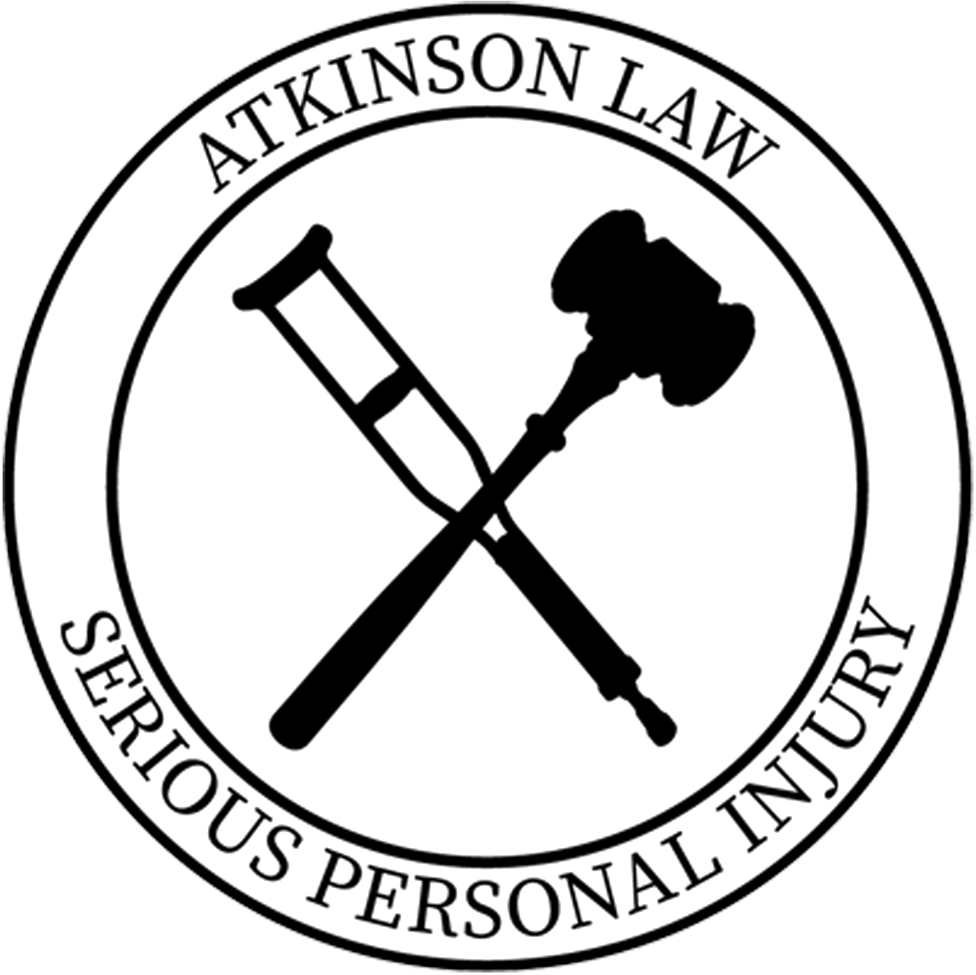
If you’ve been in an accident, some symptoms may not appear right away. After a traumatic event, you may be in a state of shock that can mask injuries, and some symptoms can show up days or even weeks later. This is called delayed shock.
Initially, the body’s adrenaline response might mask pain. Once this adrenaline fades, the body begins to reveal the full extent of the injuries. If you experience these symptoms at any point after a car accident or any incident, seek immediate medical care.
The most common delayed shock symptoms after an accident include:
- Headaches
- Back pain
- Changes in vision
- Mood swings or irritability
- Nausea or vomiting
If you were injured due to someone else’s negligence, you could recover all your accident-related losses. An experienced personal injury lawyer in Norfolk will help you hold the at-fault party accountable.
1. Headaches
Headaches that develop after a car accident are often caused by whiplash. This is a common injury that occurs during sudden, forceful movements of the head and neck, such as those experienced in a car collision or other traumatic incident.
The rapid acceleration and deceleration forces involved in an accident can strain and inflame the soft tissues in the neck and shoulders. This muscle and ligament tension can then lead to persistent, debilitating headaches in the days and weeks after the initial trauma.
Additionally, a minor concussion or brain injury that wasn’t immediately detected can cause headaches as the brain starts to heal. Stress and anxiety from the traumatic event can also contribute to delayed headaches.
Get a free legal consultation
CALL 757-648-85792. Back Pain
Back pain can show up days after an accident because the initial impact may not always cause immediate discomfort. Muscles, ligaments, or even small fractures in the spine might start to hurt as they become inflamed.
For example, if you were injured in a slip and fall accident, the sudden impact of hitting the ground can cause minor damage to the spine, which may not be apparent right away. As the injured areas become inflamed and the muscles work to stabilize the spine, the pain can gradually worsen.
A slip and fall accident lawyer will investigate the incident and review your medical records to determine how much your personal injury case is worth. By working with an experienced attorney, you are more likely to get a higher settlement offer.
3. Changes in Vision
Changes in vision can be another concerning delayed symptom after an accident. One common problem is blurred or double vision, which can be caused by damage to the eyes, optic nerves, or the areas of the brain responsible for processing visual information. This type of visual problem is often associated with concussions or other types of traumatic brain injuries.
Additionally, you may experience increased sensitivity to light, difficulty focusing, or even partial vision loss after an accident. These visual changes can be the result of swelling, bruising, or other physical trauma to the delicate structures of the eye or the neural pathways connecting the eyes to the brain.
Contact our personal injury lawyers today
GET FREE EVALUATION4. Mood Swings or Irritability
Mood swings or irritability can also be common after an accident. The stress and physical impact of a traumatic event can make people more sensitive and prone to mood changes.
For example, a car accident can have lasting psychological effects. After the incident, you may feel fine one moment, then suddenly become frustrated. Or you might feel unusually anxious at times. These mood swings can be upsetting, but they’re often a natural reaction to the trauma.
Be patient and understanding with yourself or a loved one who is dealing with these emotional ups and downs. Talking to a doctor and counselor will provide support and strategies for managing the mood changes. With time and care, the irritability and mood swings typically improve as the person recovers from the accident.
5. Nausea or Vomiting
Experiencing nausea or vomiting after an accident can have several underlying causes. Traumatic brain injuries, such as concussions, can disrupt the brain’s normal functioning and lead to feelings of nausea or the urge to vomit. Additionally, the physical trauma and resulting inflammation from the accident can irritate the digestive system.
In some cases, the emotional and psychological stress of the accident can also contribute to these gastrointestinal symptoms. The body’s stress response, triggered by the traumatic event, can disrupt the normal functioning of the digestive system and lead to nausea, vomiting, or even loss of appetite.
How to Handle Delayed Shock Symptoms After an Accident
If you start experiencing any new or worsening symptoms, don’t ignore them. See a doctor right away. A doctor can check for injuries and provide the proper treatment. The key is to pay attention to your body and get medical attention, even if you feel fine at first. With the right care, you can address these delayed effects and focus on your recovery.
Also, document all your symptoms, as this information will be important if you file an insurance claim or take legal action. A personal injury lawyer can recover your losses. I am Ed Atkinson, and at my personal injury law firm, I offer a free initial consultation to discuss the first steps in your case.
Call or text 757-648-8579 or complete a Free Case Evaluation form
CONTACT US TODAY
